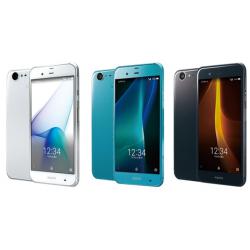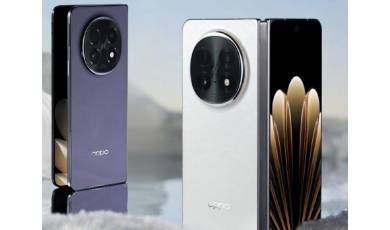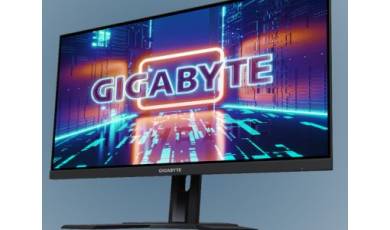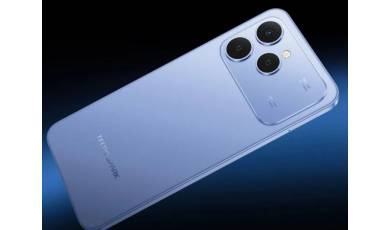Sharp Aquos P1 specs.
Mobiles >> Sharp >> Sharp Aquos P1| Specifications | Reviews | Secret codes |
| Unlock phone | Root phone |
| Backup | Flash Firmware | Screenshot |

Basic spec Sharp Aquos P1
GSM frequencies:
850 900 1800 1900
Standard UMTS:
900 1700 1900 2100
Standard LTE:
FDD LTE: 2100, 1900, 1800, 1700, 900
Type:
Touch
Waterproofness & dust-resistance:
IP55, IP58
Dimensions (W x H x D):
149.00 x 73.00 x 7.60 mm
Weight:
153.00 g
Main display:
Color / IGZO TFT
16M colors
1080 x 1920 px (5.30") 416 ppi
16M colors
1080 x 1920 px (5.30") 416 ppi
Display protection:
Corning Gorilla Glass 4
Standard battery:
Li-Po 3000 mAh
Quick battery charging:
no
Internal memory:
32 GB
RAM memory:
3 GB
Memory cards:
yes,
microSD, microSDHC, microSDXC (up to 200 GB)
microSD, microSDHC, microSDXC (up to 200 GB)
Smart Phone OS: An operating system (OS) is software that interacts between a user and a smartphone.
An operating system (OS) is software that interacts between a user and a smartphone.
Android 6.0 Marshmallow
Processor:
Qualcomm Snapdragon 820 8996
Processor clock:
2.20 GHz
Number of cores:
4
GPU: Graphics Processing Unit
Graphics Processing Unit
Adreno 530 @650-736 MHz
Touchscreen:
yes
DualSIM:
no
SIM card standard:
nanoSIM
Announced:
3Q 2016
Digital camera Sharp Aquos P1
Camera location:
Back
Photo matrix:
22.6 Mpx
Video resolution:
3840x2160
Screen Resolution: Screen resolution refers to the size of the image received on the screen in pixels
Screen resolution refers to the size of the image received on the screen in pixels
5480x4110 px
Digital zoom:
yes
Dual-colour LED flash:
no
Video formats:
H.263, H.264, H.265, MPEG4
Addidtional:
AF, OIS, f/1.9
Secondary camera Sharp Aquos P1
Camera location:
Front
Photo matrix:
5 Mpx
Screen Resolution: Screen resolution refers to the size of the image received on the screen in pixels
Screen resolution refers to the size of the image received on the screen in pixels
2592x1944 px
Dual-colour LED flash:
no
Addidtional:
FF
Sensors Sharp Aquos P1
Accelerometer:
yes
Proximity:
yes
Light:
yes
Magnetometer:
yes
Gyroscope:
yes
Gravity:
no
Hall-effect:
no
Fingerprint scanner:
yes
Data transfer Sharp Aquos P1
xHTML:
yes
WAP:
yes, v2.0
HSDPA: High-Speed Downlink Packet Access
High-Speed Downlink Packet Access
yes
HSUPA: High Speed Uplink Packet Access
High Speed Uplink Packet Access
yes
HSPA:
yes
HSPA+: High Speed Packet Access
High Speed Packet Access
yes
LTE DL:
yes
LTE UP:
yes
GPRS: General Packet Radio Service
General Packet Radio Service
yes
EDGE:
yes
Bluetooth: Bluetooth is used to exchange data between nearby mobile devices.
Bluetooth is used to exchange data between nearby mobile devices.
yes, v4.2
A2DP Profile:
yes
Wi-Fi: Wireless lan technology
Wireless lan technology
yes, v802.11 a/b/g/n/ac
WiFi frequencies:
2.4 i 5 GHz
WiFi Direct:
yes
DLNA: Digital Living Network Alliance
Digital Living Network Alliance
-
Hotspot WiFi:
yes
USB: Universal Serial Bus
Universal Serial Bus
yes, v2.0 OTG
GPS module:
yes
A-GPS: Assisted Global Positioning System
Assisted Global Positioning System
yes
GLONASS GLObal NAvigation Satellite System:
GLObal NAvigation Satellite System:
yes
NFC: Near field communication
Near field communication
no
Communication and messaging Sharp Aquos P1
Call waiting:
yes
Conferency:
yes
Call forwarding:
yes
Instant Messenger:
yes
SMS:
yes
MMS:
yes
Dictionary:
yes, T9
e-mail client:
yes
e-mail protocols:
POP3, IMAP4, SMTP
RSS Reader:
no
Multimedia Sharp Aquos P1
Radio:
no
MP3:
no
Audio Jack:
3.5 mm
HD Voice:
no
Polyphony:
yes
Java:
yes, ART
DVB-H television:
no
Business features Sharp Aquos P1
Watch:
no
Stopwatch:
no
Alarm:
no
Calculator:
no
Currency converter:
no
Organizer:
no
Calendar:
no
Flight mode:
no
Data and fax:
yes
Other features Sharp Aquos P1
Screensaver:
no
Themes:
no
Interchangeable covers:
no
Voice dial:
yes
Loudspeaker:
yes
Recorder:
no
Vibra:
yes
Comments, Questions and Answers about Sharp Aquos P1
Ask a question about Sharp Aquos P1





